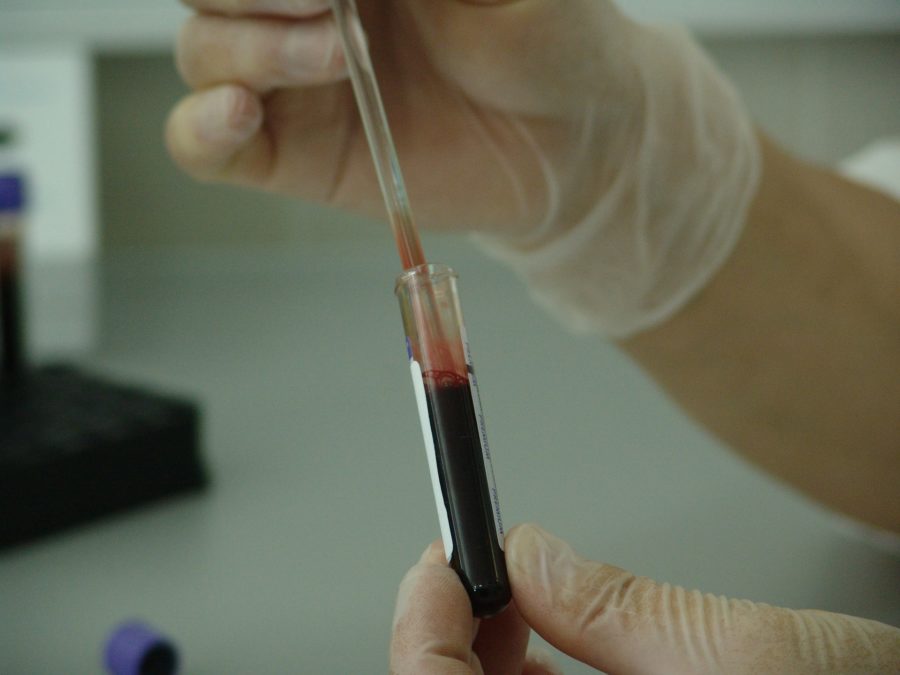
A new blood test might help to eliminate the trial-and-error game that physicians currently play while prescribing antidepressants to those suffering from depression.
Dr. Madhukar Trivedi, lead researcher from UT Southwestern’s Medical Center’s Center for Depression Research and Clinical care, said that before this blood test, doctors didn’t have a way to prescribe medication beyond guesswork.
“Currently, our selection of depression medications is not any more superior than flipping a coin, and yet that is what we do,” Trivedi said. “Now we have a biological explanation to guide treatment of depression.”
Trivedi was inspired by his own previous research from about a decade ago. That previous study revealed that a third of people with depression do not show signs of improvement after being prescribed medication.
The current study used a blood test to measure certain protein levels in the patient’s blood, all through a finger-prick. Trivedi believes that using this test in the clinical setting could improve the success rate of prescribing medication to those with depression.
“Giving up hope is really a central symptom of the disease,” Trivedi said. “However, if treatment selection is tied to a blood test and improves outcomes, patients are more likely to continue the treatment and achieve the benefit.”
In the study, Trivedi also identified C-reactive protein (CRP) as a possible marker for those with depression.
Trivedi said that physicians are always wanting biological markers for diseases because then treatments don’t have to just come from question and answer sessions with patients, and instead can be based on the biological make-up of the patient.
“These findings provide evidence that a biological test can immediately be used in clinical practice,” Trivedi said.








